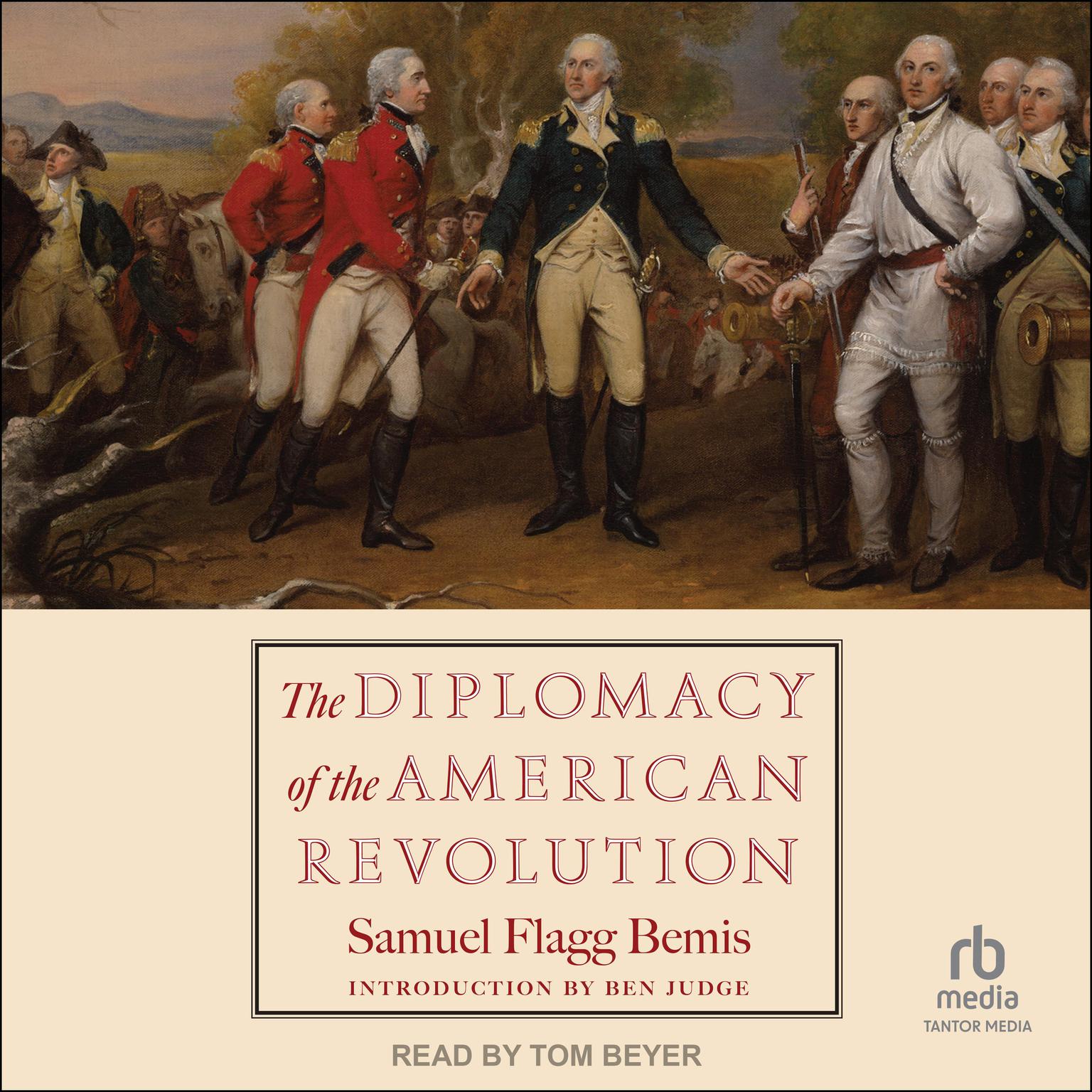 Play Audiobook Sample
Play Audiobook Sample
The Diplomacy of the American Revolution Audiobook
 Play Audiobook Sample
Play Audiobook Sample
Quick Stats About this Audiobook
Total Audiobook Chapters:
Longest Chapter Length:
Shortest Chapter Length:
Average Chapter Length:
Audiobooks by this Author:
Publisher Description
"To the superficial observer there would seem never to have been an age less propitious for the birth of a new nation. The tendency of the times was altogether for the aggrandizement of big states and the consolidation of their territory at the expense of the little ones, for the extinction of the weaker nations and governments rather than for the creation of new ones. Nevertheless it was this bitter cut-throat international rivalry which was to make American independence possible."
On April 15th, 1783, the Articles of Peace between the United States and Great Britain went into effect proclaiming that "His Britannic Majesty acknowledges the United States . . . to be free Sovereign and independent States." That recognition represented a monumental achievement for the new American nation. It also, as Samuel Flagg Bemis shows us, marked the end of a world war.
France's search for revenge against Britain after the French and Indian War, Spain's attempt to retake Gibraltar, the complicated trade interests of the Netherlands and Russia, Austria's fears of a two-front war—each of these saw America's struggle for independence as an event that affected their own strategies. And, as Bemis shows us, it is through that prism that we should consider the actions of those who supported America and Great Britain.
Download and start listening now!
The Diplomacy of the American Revolution Listener Reviews
Be the first to write a review about this audiobook!


